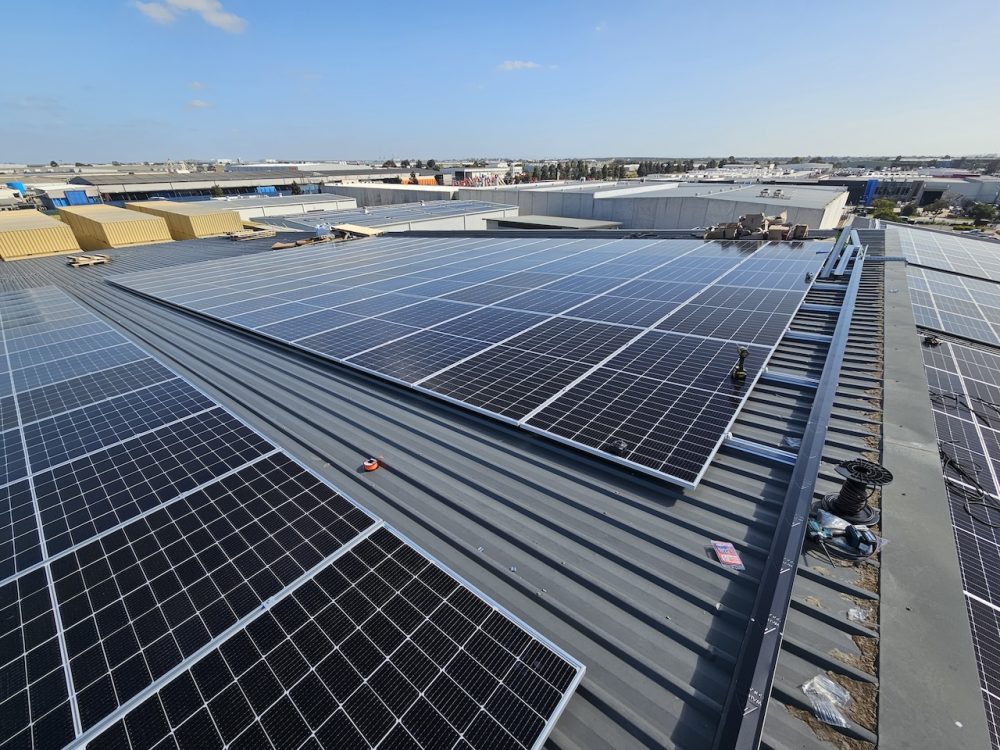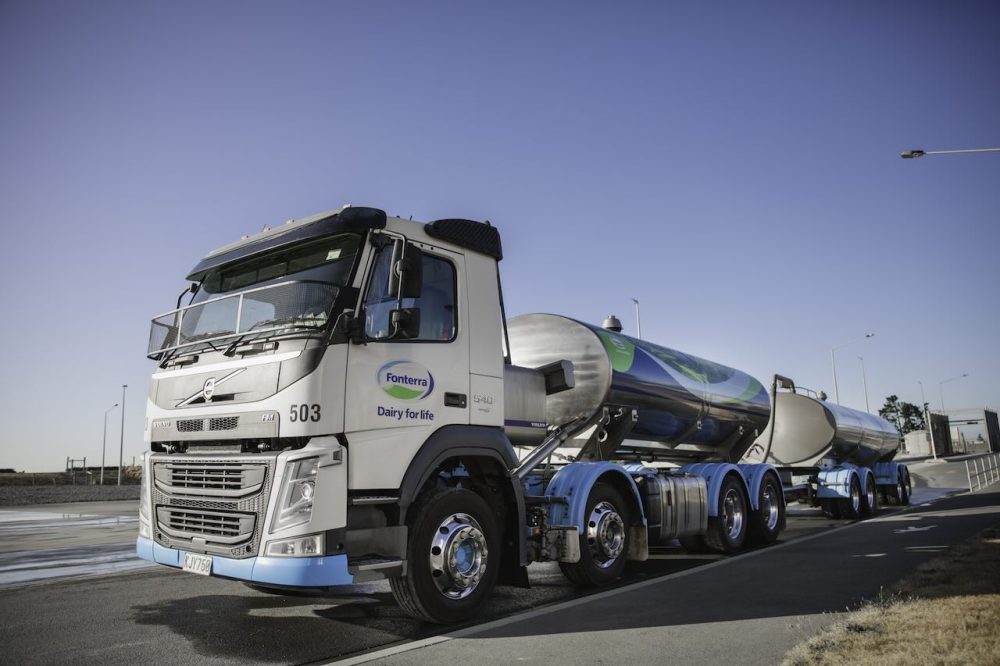In the evolving world of manufacturing and distribution, a seismic shift is taking place. With mandatory climate reporting set to roll out from 2025, businesses must gear up for a new era—one that intertwines environmental accountability with competitiveness.
The stakes are high, as are the opportunities. While regulatory compliance is a pressing concern, sustainability has become a non-negotiable for modern consumers and a pathway to innovation and resilience.
The consumer connection: why sustainability sells
Manufacturers and distributers who consider sustainability an optional add-on may find themselves out of step with consumer expectations. According to recent findings by the Monash Business School’s Australian Consumer and Retail Studies (ACRS), 46% of Australian shoppers rank sustainability as a key factor in their purchasing decisions. Even amidst cost-of-living pressures, consumers are scrutinising whether a brand or product aligns with their environmental values.
This consumer shift isn’t a passing trend; it’s a cultural transformation. As more people look for products with transparent, ethical supply chains and reduced environmental impact, manufacturers that fail to adapt risk alienating a growing segment of their market. With mandatory climate reporting being introduced from 2025, brands that can confidently showcase their climate credentials will hold a decisive edge over competitors, both in retail and business-to-business transactions.
Mandatory climate reporting: the new normal
The Australian Government’s mandatory climate-related financial disclosures, introduced into parliament, will require large businesses to report their emissions data starting as early as January 2025. The phased implementation of mandatory climate reporting will extend to medium-sized entities by 2027. These regulations don’t just affect the big players—they cascade down supply chains, compelling smaller manufacturers to align their practices with sustainability standards to better contribute to emissions data for larger entities.
The Commonwealth Bank 2024 Manufacturing Insights Report indicates that 82% of manufacturers and distributors are aware of the incoming mandatory climate reporting requirements, but only 26% have a solid grasp of what’s involved. For businesses with high emissions, the risks include reduced competitiveness and the potential loss of key clients seeking sustainable suppliers.

Despite these challenges, the upcoming regulations are also a catalyst for change. More than a third (37%) of businesses anticipate increased investment in environmental, social, and governance (ESG) initiatives as a result of the new regime. The outlook is optimistic with 33% of businesses expecting mandatory climate reporting to drive significant changes in strategy, spurring product innovation, operational efficiencies, and better market positioning.
Renewables: a cost-saving opportunity
For many businesses, transitioning to renewable energy often feels like an upfront expense rather than an investment. However, renewables can have operational benefits including energy cost savings, increased energy security, avoiding peak demand charges, and passive revenue generation that quickly offset initial investment costs.
Fresh Freight, one of the largest transport and logistics companies connecting Tasmania to mainland Australia, is incorporating solar to both reduce costs and to enhance its attractiveness as a supplier to larger corporations bound by climate-reporting regulations.
With refrigerated storage driving high energy costs, General Manager Michael Leonard said the business looked towards renewable energy to operate more competitively.
“Power bills went through the roof in the last 12 to 18 months,” said Mr Leonard. “We decided that we had to do something quickly offset some of those costs because at the end of the day, you can only pass on so much to the customer. Cost was a major driving factor for us to make sure that we could keep our customer base and keep them happy.”
Their 500kWp solar photovoltaic (PV) system has already reduced their carbon emissions by an estimated 179kg since installation in October 2024, and saved an estimated $29,600.
“A lot of the global companies are asking for emissions reductions and what (sustainability initiatives) you’ve done,” said Mr Leonard. “We’re hitting these targets or we’re in front of these targets.”
Businesses like Fonterra are looking both at their own emissions data as well as emissions from further down the supply chain. As one of the biggest dairy processors in both Australia and New Zealand, Fonterra is now working with farmers within their supply chains to install solar systems, further reducing emissions to better align to their sustainability goals. Renewable energy systems not only have reduced their emissions by 38% below their 2017/18 levels, but they are also projected to save over to $79 million over the lifetime of the systems, over double the capital expenditure of the project.

Beyond cost savings, renewables also open new revenue streams. Manufacturers can participate in Frequency Control Ancillary Services (FCAS) and the Australian Energy Market Operator (AEMO) spot market, further offsetting energy expenses through passive revenue generation.
The barriers to progress, and how to overcome them
Despite the benefits, manufacturers and distributors face barriers to implementing sustainability initiatives. The Commonwealth Bank 2024 Manufacturing Insights Report found that financial constraints were at the top the list, with 34% of businesses citing limited cash flow as a roadblock. Other challenges include supply chain complexity (31%), competing priorities (28%), and operational disruption (28%).
However, these obstacles aren’t insurmountable. By adopting innovative financing models, collaborating with supply chain partners, and leveraging government incentives, manufacturers can accelerate their sustainability journey. Importantly, proactive action today will pay dividends in the long run—enhancing regulatory compliance, consumer loyalty, and profitability.
The path forward: from compliance to innovation
Mandatory climate reporting isn’t just a compliance exercise; it’s an opportunity to reimagine the future of manufacturing and distribution. Sustainability initiatives can drive efficiencies, unlock innovation, and improve market competitiveness. Businesses adopting renewable energy often discover new opportunities for product development and differentiation.
Businesses that embrace sustainability as a core value—rather than a checkbox—will lead the way in this new landscape. By aligning with consumer preferences, staying ahead of regulations, and investing in renewable technologies, the sector can turn today’s challenges into tomorrow’s advantages.
The question isn’t whether manufacturers can afford to act on sustainability—it’s whether they can afford not to. The time for action is now, and those who adapt will find themselves at the forefront of a more sustainable, resilient, and profitable future.
Is your business looking for support in reducing your emissions and operational costs?
The team at Acacia Energy can help you analyse your business’ energy usage and and what solutions will give you the greatest ROI. Get in touch with the team to get started.